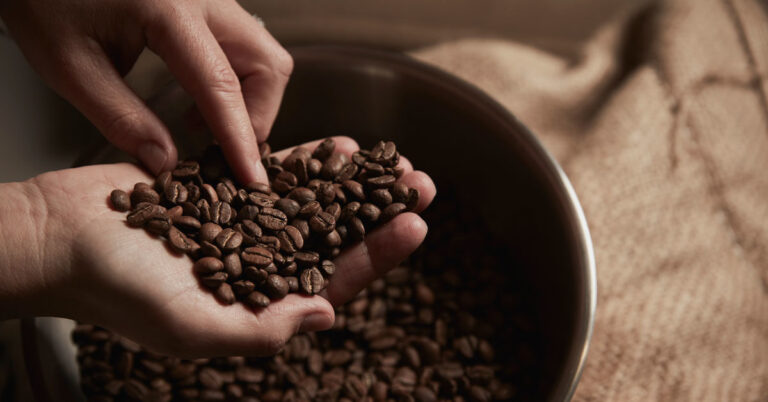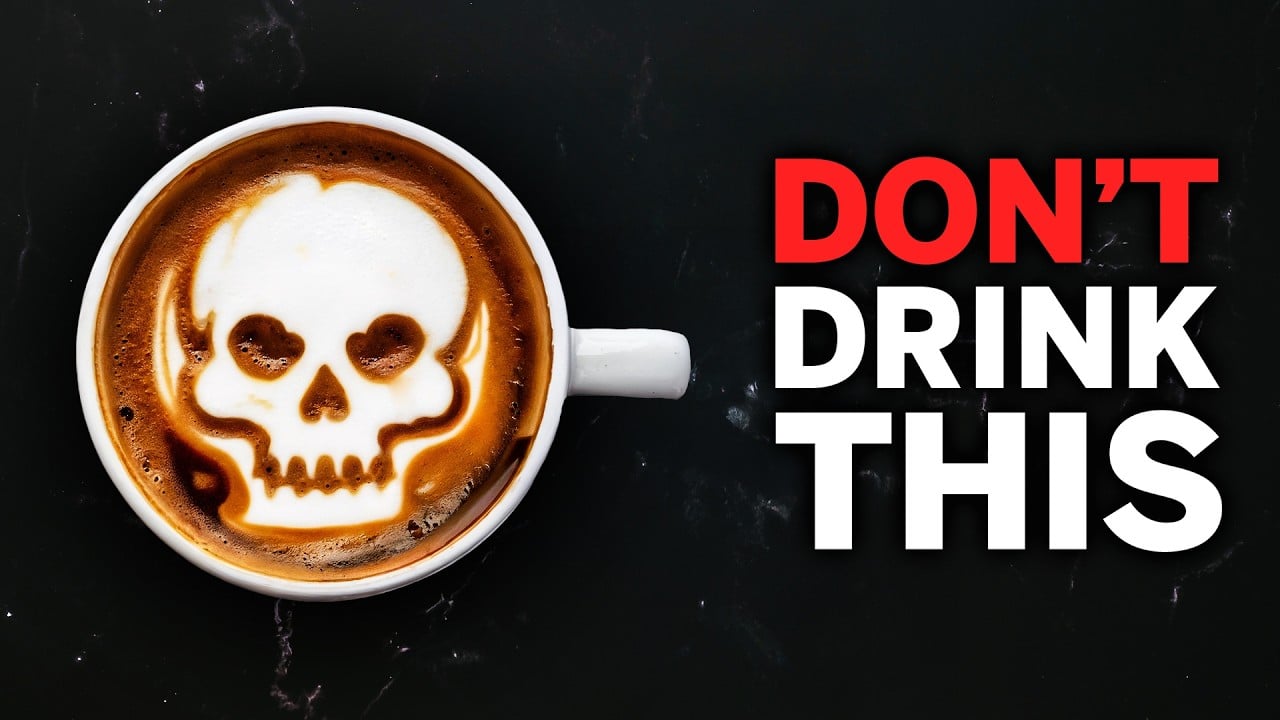
An essential ‘Bulletproof’ tactic from my book, The Bulletproof Diet, is switching to organic, pesticide-free foods, something that continues to top my list of biohacking musts. The bottom line: If you want to live at full power, you’ll want more organic foods in your body.
That said, the world of organic certification is complicated, and coffee is a perfect example.
Should you drink coffee without pesticides used in the agricultural process? Yes. Absolutely. But if a coffee doesn’t have the USDA Organic seal on the package, does that mean it’s been farmed with pesticides? No, it does not.
Organic certification is expensive.
According to the Fairtrade Foundation, 80 percent of the world’s coffee is produced by 25 million smallholders. And while around 125 million people worldwide make their living from coffee agriculture, many of them barely earn a reliable living from the coffee they produce.
Sadly, these coffee farmers are just getting by, which means most don’t have the resources to afford the USDA’s annual organic certification fee, which can cost thousands of dollars.
This is especially true for non-US farmers as the organic certification process involves USDA organic regulators as well as the Foreign Agricultural Service (FAS) who must ensure that foreign government’s standards, organic control system oversight, and enforcement programs meet or exceed the requirements of the Organic Foods Production Act (OFPA). For most small coffee farmers, this process is completely unrealistic and unattainable.
Even if a farm has the resources to obtain an organic certification, compliance procedures demand a high level of administrative paperwork and reporting, much of which is beyond the literacy capacity of the average coffee farmer if their native language is not English.
Pesticides are expensive.
Ironically, an organic certification isn’t always necessary anyway. Why? Because many of the millions of small coffee farms around the world are already growing their coffee without pesticides because they simply can’t afford them. This is especially true of micro-growers, like the ones we use for Danger Coffee.
Our farm-direct coffee beans come from a handful of family farms in Central America, where the beans are never sprayed with pesticides and farmers instead use noninvasive, non-chemical strategies for pest control. These strategies are more cost effective, better for the soil, and safe for the farmers. But since these farms are small, they lack the resources to apply for and maintain an organic certification.
So, how can you know if your coffee is safe?
The short answer: you’ve got to do a little research to discover where your coffee is coming from and how it’s produced. That can be difficult to do, especially with big national brands, which are likely sourcing their beans from hundreds of farms.
A helpful coffee term to look for is farm-direct, which means the beans are purchased directly from a coffee farm. Farm-direct coffee typically results in high transparency about farming practices and growing conditions, as well as better compensation for the farmers because there’s no middleman.
You’ll also want to make sure your coffee is labeled as lab tested, which ours is. Most of the world’s coffee is covered in mold toxins, and you definitely don’t want to be drinking those. Make sure your coffee is lab tested by a third party to be absolutely sure it’s mold-free.
We humans collectively drink about two billion cups of coffee each day. And while we enjoy the taste and the energy boost, we should be wary of the toxins coffee can carry. Making sure my coffee is pesticide- and mold-free is one of the many things I do to keep my body clean.
If you’re a coffee drinker who cares about performance, you might want to do the same.









